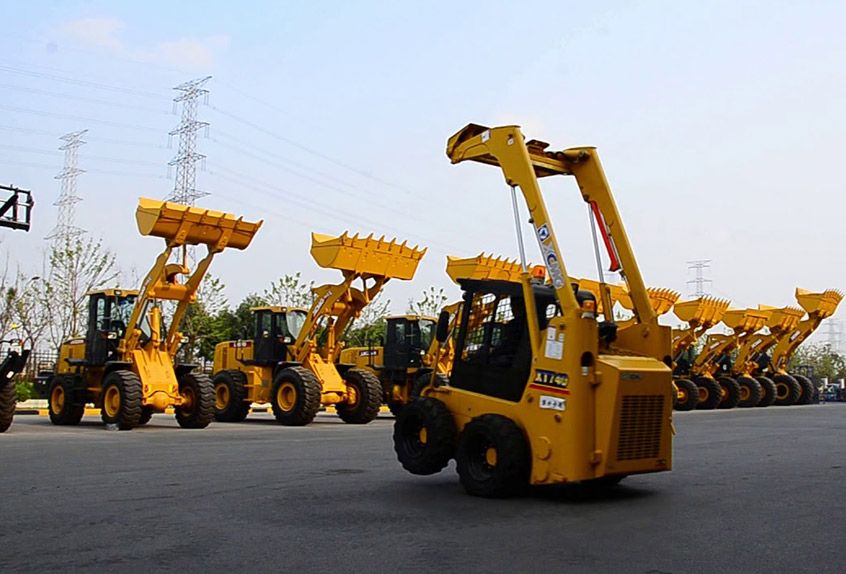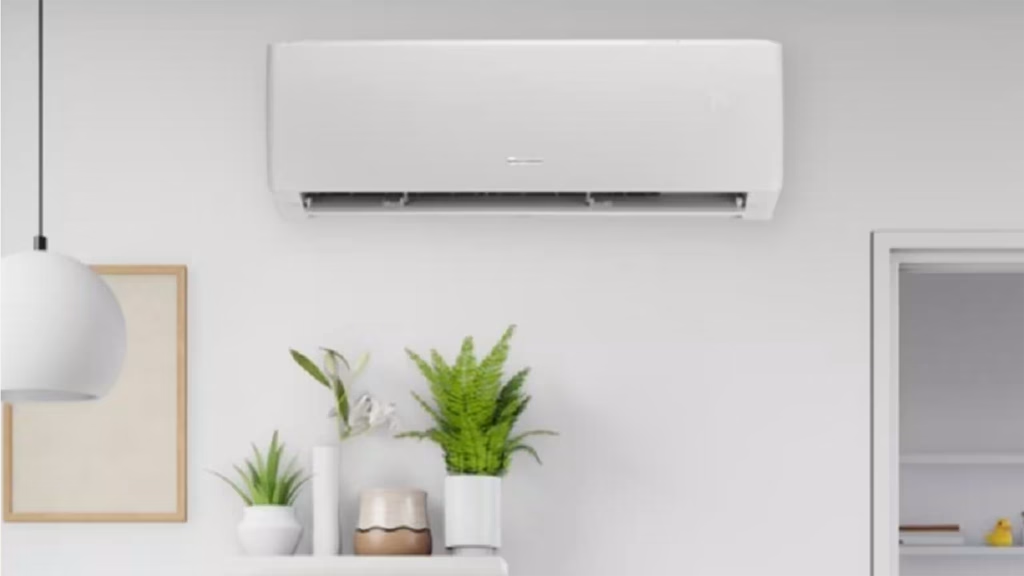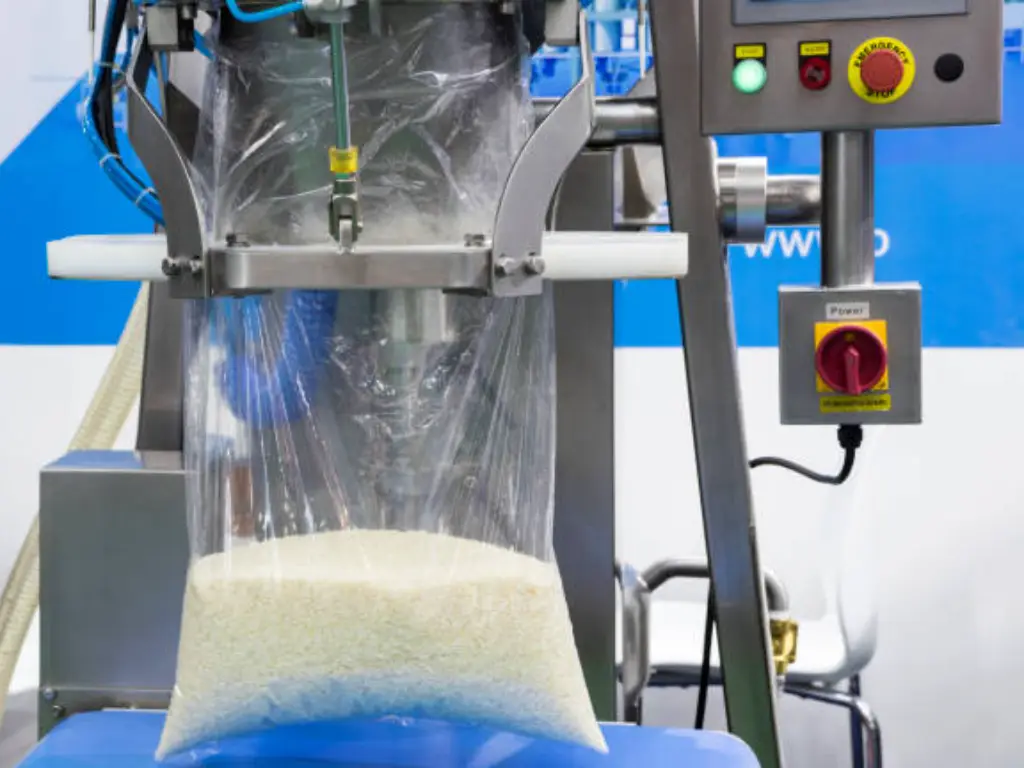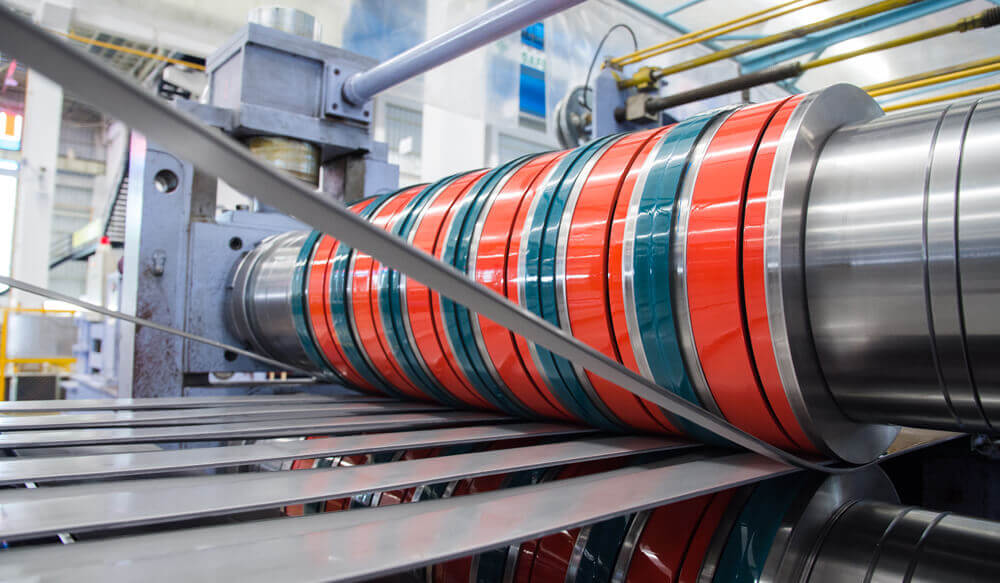Stuck deciding whether to buy or lease that excavator, bulldozer, or crane for your next big job? You are not alone. This is one of those questions that does not have a one-size-fits-all answer because the right move really depends on your project, your finances, and how you like to run your business. Let’s break it down together and figure out what makes the most sense for you.
The Money Side: Buying vs. Leasing
Before you sign anything, it is smart to look at the dollars and cents. Here is what you need to know:
Buying:
- Big upfront cost unless you finance, but even then, there is a chunk due right away
- You own the equipment meaning you can claim depreciation on your taxes, which is nice
- If you use it a lot, you might save money over time
- Resale value is yours for better or worse

Leasing:
- Lower upfront payments your cash flow stays healthier
- Payments are spread out, making budgeting easier
- Usually, you can deduct payments as a business expense check with your accountant!
- You typically do not get the depreciation benefit
Bottom line:
Think about your cash flow, your tax situation, and how long you will actually need this equipment. Sometimes leasing is best for short-term jobs, while buying can pay off if you will use the equipment for years. If you are considering your options, you might want to check out machinery sales in Melbourne to compare what is available.
How Often Will You Use It?
Ask yourself:
- Will this machine be working on job after job, year after year?
- Or do you just need it for a one-off project or a short burst of work?
If you will use it all the time:
Buying might be better. You will get the most out of your investment, and you will not have to worry about renewal fees or return dates.
If it is a rare need:
Leasing or even renting could save you a ton. Why tie up money in equipment that sits idle?
Upfront vs. Ongoing Payments
Here is what usually happens:
Buying:
You pay a lot up front sometimes all at once, sometimes with a down payment and financing. That can strain your budget, but after you have paid it off, you own it outright.
Leasing:
You get to spread the cost over months or years. Initial payments are way lower. Great for preserving cash, but make sure you understand the total you will pay over the lease.
Tip:
Always check for hidden fees with leases some contracts get sneaky with overage or return charges.
Maintenance: Who’s Responsible?
Let’s be honest construction equipment is not cheap to maintain.
- If you buy: You are on the hook for all repairs and upkeep. That means budgeting for regular maintenance, surprise breakdowns, and maybe downtime if something major needs fixing.
- If you lease: Maintenance is often included or at least partially covered in the lease. That means fewer surprise expenses and less hassle for you but always check the fine print on what is included.
Quick checklist:
- Who pays for repairs?
- Does the lease include routine maintenance?
- What about major breakdowns?
Flexibility and Scaling Up or Down
Projects change. Sometimes you need more gear, sometimes less.
- Leasing: Super flexible. You can upgrade, swap, or add equipment as your needs change. Perfect for fast-growing companies or jobs with changing requirements.
- Buying: Less flexible. Once you own something, you are stuck with it unless you sell or trade it.
If your workload fluctuates or you like having the latest tech, leasing is a winner.
Tax Perks and Deductions
Do not overlook the tax angle!
- Leasing: Lease payments are usually fully deductible as business expenses, helping you reduce taxable income right away.
- Buying: You can claim depreciation, which spreads the deduction out over several years. Sometimes, you might also qualify for bonus depreciation or Section 179 expensing talk to your tax pro.
Both have perks pick the one that fits your business strategy.
Cash Flow and Budget Planning
Cash is king in construction.
- Leasing: Keeps more cash in your business for other needs. Predictable payments make budgeting easier.
- Buying: Ties up a lot of cash early on, which can be tough if you have other costs to juggle. But no more payments once it is paid off except for maintenance.
If you want to keep your cash reserves healthy, leasing is usually the safer bet.
Long-Term Value & Resale
Think about the future:
- Buying: Equipment is an asset, but it loses value over time depreciation. If you maintain it well, you can sell it down the road and recoup some costs.
- Leasing: No worries about resale you just return the equipment at the end of the term and move on.
If you are good at maintaining and selling gear, buying can pay off. If you hate haggling or worrying about resale values, leasing is simpler.
So…Should You Buy or Lease?
Here is a quick cheat sheet:
Buy if you:
- Use the equipment all the time
- Want to build up assets
- Like the idea of eventual resale value
- Are comfortable handling maintenance and repairs
Lease if you:
- Only need equipment for a short time
- Want to keep your cash flow flexible
- Prefer predictable monthly payments
- Value flexibility and easy upgrades
Final tip:
Talk to your accountant or financial advisor before making a decision. They will help you crunch the numbers for your unique situation!
Bottom line?
There is no right answer for everyone. Weigh the pros and cons, look at your project needs, and make the choice that helps your business run smoother and more profitably. Good luck with your next big project!






